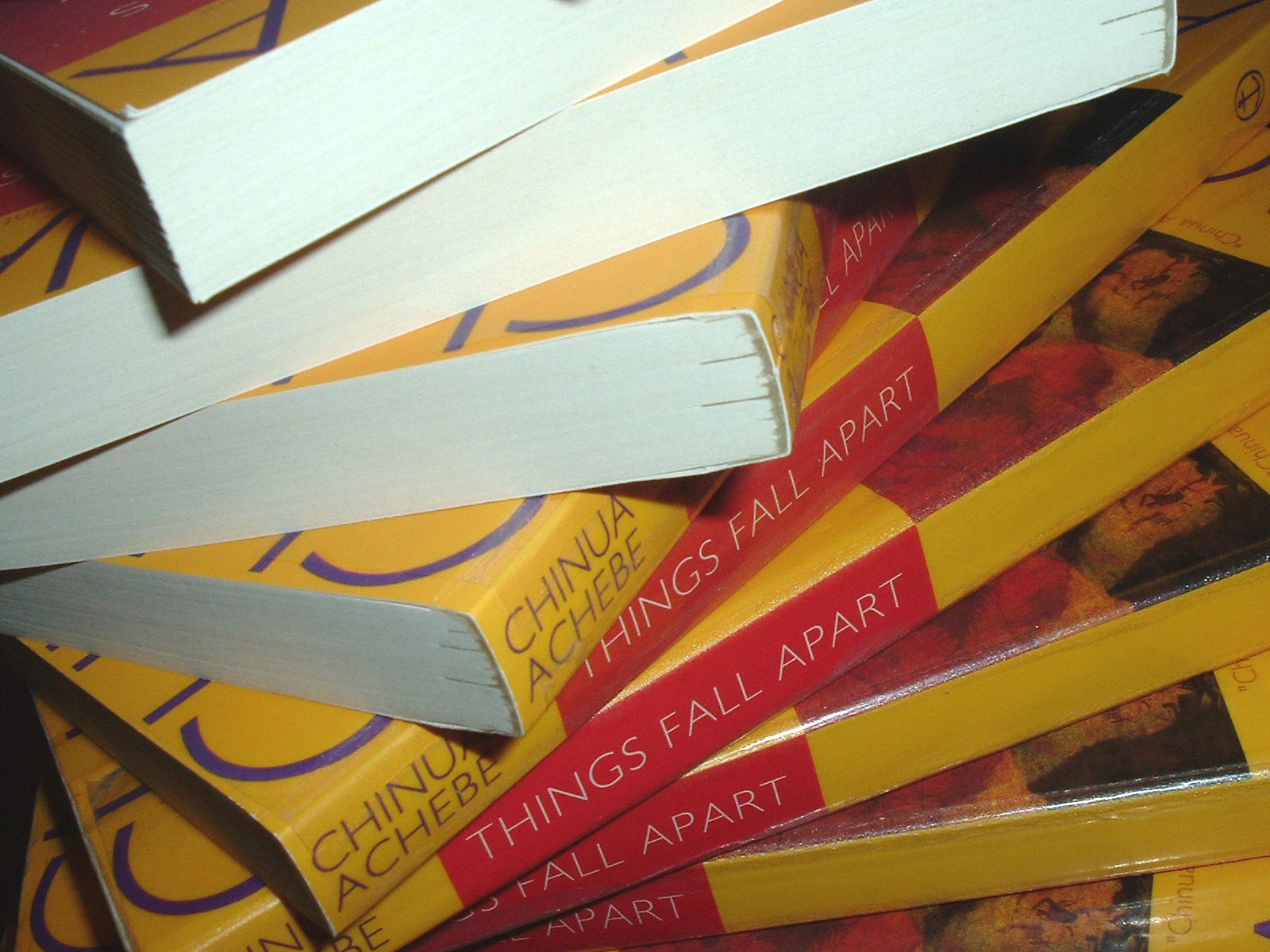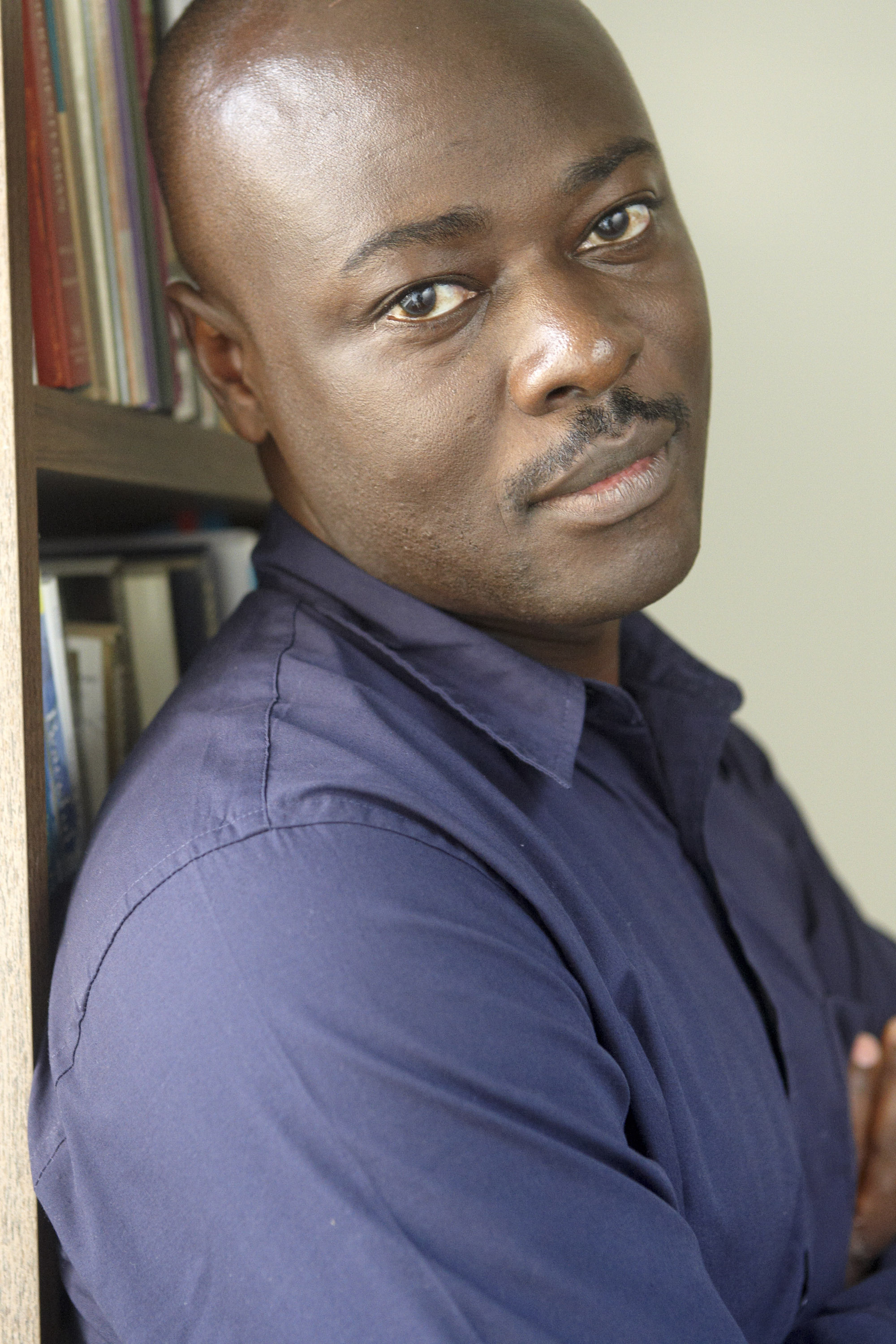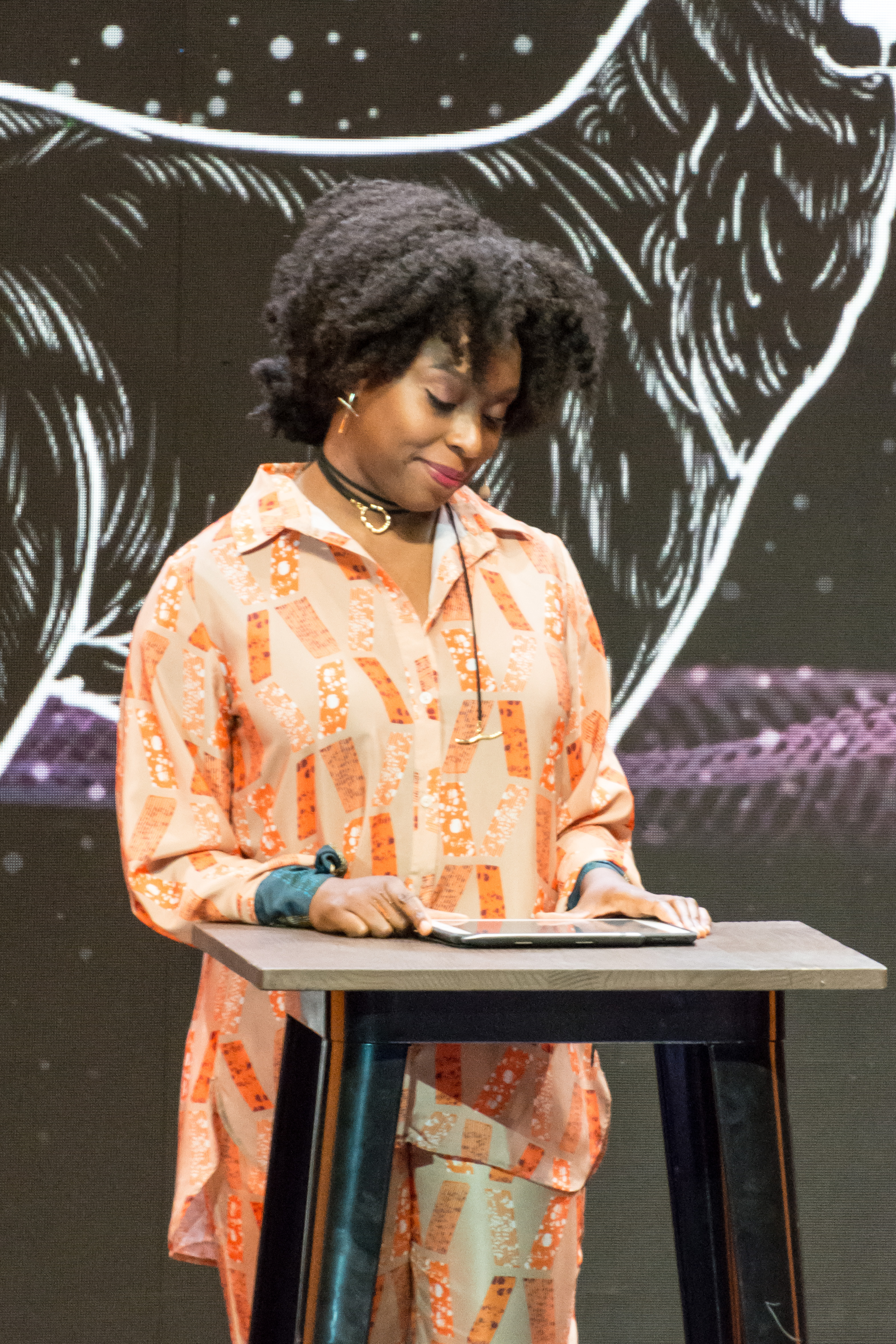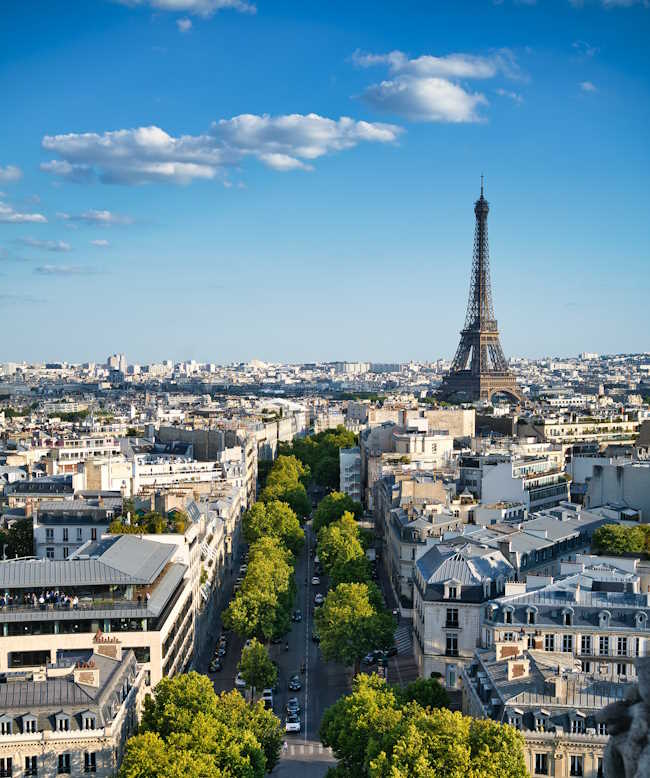
A spiral stack of copies of Chinua Achebe’s novel Things Fall Apart. Photo by Scartol. Wikimedia
10 Most Famous Nigerian Writers
You are seriously missing out if you have never read a book by a Nigerian author. There are so many incredible Nigerian writers who have produced books that will move you, make you laugh, cry, and completely transport you.
Their novels span multiple time periods and will transport you to Nigeria, the Nigerian-American experience, and incredible fantasy worlds inspired by Nigeria.
Chinua Achebe and Wole Soyinka’s names are synonymous with Nigerian literature. However, the country’s literary output is far from limited to these two giants. Here, we look at ten contemporary Nigerian authors whose international success attests to their talent and depth in the field.
1. Chinua Achebe

Chinua Achebe. Photo by Stuart C. Shapiro. Wikimedia
Chinua Achebe is one of Africa’s most internationally acclaimed writers, and his death in 2013 drew tributes from all over the world. Despite being dubbed “The Father of Nigerian Literature,” he twice refused the Nigerian government’s offer to name him Commander of the Federal Republic – first in 2004, then again in 2011 – in protest of the country’s political regime.
Things Fall Apart (1958), his first novel, is an intimate account of the conflict between African native traditions of the Igbo people in southeastern Nigeria and European colonization. Achebe’s works reveal a tapestry of cultural norms, changing societal values, and the individual’s struggle to find a place in this environment by weaving together oral tradition and Igbo folk tales.
2. Wole Soyinka

Wole Soyinka. Photo by Geraldo Magela/Agência Senado. Wikimedia
When Wole Soyinka, a playwright, poet, and writer, was awarded the Nobel Prize in Literature in 1986, Achebe celebrated alongside the rest of Africa. Soyinka’s work frequently focuses on oppression and exploitation of the weak by the powerful. In his critique, neither the white speculator nor the black exploiter is spared.
Wole Soyinka has also played an important role in Nigerian politics, put him in danger at times. General Sani Abacha’s (1993-1998) government, for example, sentenced him to death ‘in absentia.’ Novels by him include:
- Aké: The Years of Childhood and Death and the King’s Horseman.
- You Must Set Forth at Dawn.
- A Memoir- Soyinka’s personal reflection on his life, experiences, and thoughts on Africa and Nigeria.
3. Femi Osofisan

Femi Osofisan. Photo by Descrownes. Wikimedia
Femi Osofisan’s oeuvre, like that of many Nigerian writers, is informed by colonialism and its legacy, and is a clear protest against corruption and injustice. Nonetheless, his exploration of the themes surrounding his country’s complex history is rarely literal. Instead, Osofisan uses allegory and metaphor, and his writing is frequently surrealist.
Kolera Kolej (1975), his first novel, tells the story of a Nigerian university campus granted independence from the rest of the country in order to halt the spread of a Cholera outbreak. Women of Owu (2004), his best-known play, is a retelling of Euripides’ The Trojan Women. Osofisan adapts the play to the Ijebe and Ife war, which ravaged the Owu Kingdom from 1821 to 1826.
4. Ben Okri

Ben Okri. Photo by Metsavend. Wikimedia
Ben Okri is a renowned novelist and poet whose works defy categorization. He is frequently labeled as post-modern, but his seamless incorporation of the spirit world into his stories belies this label. The author also rejects claims that his work falls into the category of “magical realism,” viewing his writing as a reflection of an upbringing in which myths, ancestors, and spirits were an intrinsic component.
He once said, “Everyone’s reality is different.” The Famished Road (1991), part of a trilogy with Songs of Enchantment and Infinite Riches, is his most famous work. It follows the adventures of Azaro, a spirit-child narrator.
5. Buchi Emecheta
Emecheta, who was born in Lagos to Igbo parents, moved to London in 1960 to live with her husband, Sylvester Onwordi, who had moved to study. The couple had been engaged since they were 11 years old, and despite the fact that they had five children, Onwordi was a violent partner. He even burned her first manuscript. This forced Emecheta to leave him and become a single mother.
Her novels are heavily influenced by her own life and address gender imbalance and enslavement, as well as how women are often defined by their sexuality or ability to bear children. Her most acclaimed work, The Joys of Motherhood (1979), features a woman who defines herself through motherhood and validates her life solely through her children’s successes. Emecheta received an OBE in 2005.
6. Sefi Atta

Sefi Atta. Photo by Obmusalo. Wikimedia
Sefi Atta is a sensitive writer who addresses controversial issues in a subtle and complex manner. Her debut novel, Everything Good Will Come (2005), tells the story of Enitan, an 11-year-old girl waiting for school to start, and her friendship with the girl next door, which is frowned upon by Enitan’s deeply religious mother.
Set against the backdrop of Nigeria’s military rule in the 1970s, it is both a coming-of-age story and a quiet campaign against political corruption and female repression. Atta is well-known for her radio plays, which have been broadcast on the BBC, as well as her short stories, which have appeared in a variety of publications, including the Los Angeles Review of Books.
7. Helon Habila

Helon Habila. Photo by Jide Alakija. Wikimedia
After graduating from the University of Jos in 1995, Helon Habila worked as a junior lecturer in Bauchi before moving to England in 2002 to become the African Fellow at the University of East Anglia.
Waiting for an Angel, his first novel. It is a complex book that interweaves seven narratives, collectively speaking of life in Nigeria under dictatorship rule. The book was awarded the Commonwealth Writers’ Prize for Africa, propelling the author to greater success. His two subsequent novels, Measuring Time (2007) and Oil on Water (2011), were both well-received, and his long list of awards and honors attest to his sophisticated and poetic literary voice.
8. Teju Cole
Teju Cole. Photo by Wes Washington. Wikimedia
Cole’s upbringing is as varied as his career, having been born in the United States to Nigerian parents, raised in Nigeria, and now residing in Brooklyn. He is a photographer, art historian, and novelist who also serves as the Distinguished Writer in Residence at Bart College in New York.
His debut novel, Open City (2011), is set five years after 9/11 in New York and follows Julius, a psychiatry graduate, as he wanders aimlessly through the city, then through Brussels, rootless and on the rebound from a previous relationship. While geographical settings are important in the novel, the narrative above all reads as a map of Julius’ inner world, as the divergent references and meandering associations woven into its structure mirror often inexplicable thought processes.
9. Adaobi Tricia Nwaubani
Adaobi Tricia Nwaubani is a novelist, journalist, and essayist who showed an early aptitude for the written word, winning her first writing prize at the age of 13. She has written for the New York Times, the BBC, the Guardian, and CNN, among other publications.
Her first novel, I Do Not Come to You By Chance (2010), is written in a lighthearted and irreverent tone that belies the serious issues it addresses. Kingsley, the book’s protagonist, is unable to find work and thus resorts to the shady world of email confidence tricks.
10. Chimamanda Ngozi Adichie

Chimamanda Ngozi Adichie. Photo by Carlos Figueroa. Wikimedia
Adichie is part of a new generation of Nigerian authors who are rapidly gaining recognition. Her three novels have received widespread acclaim and numerous awards. Her first two books focused on the political climate of her home country through the lens of personal and familial relationships.
Purple Hibiscus (2003), winner of the Commonwealth Writers Prize for Best First Book, is the story of Kambili, a 15-year-old girl whose father is mysteriously involved in a military coup that destabilizes the country.
Half of a Yellow Sun’s (2006) publication confirmed the author’s singularly talented voice. The book is set in the midst of the Nigerian-Biafran war and chronicles its everyday horrors through the lives of its four protagonists.
Her most recent novel, Americanah (2013), is centered on an enduring love story between childhood sweethearts Ifemulu and Obinze, who are separated when one goes to study in America. Nonetheless, it manages to incorporate themes such as racism, immigration, and globalization.
Planning a trip to Paris ? Get ready !
These are Amazon’s best-selling travel products that you may need for coming to Paris.
Bookstore
- The best travel book : Rick Steves – Paris 2023 – Learn more here
- Fodor’s Paris 2024 – Learn more here
Travel Gear
- Venture Pal Lightweight Backpack – Learn more here
- Samsonite Winfield 2 28″ Luggage – Learn more here
- Swig Savvy’s Stainless Steel Insulated Water Bottle – Learn more here
Check Amazon’s best-seller list for the most popular travel accessories. We sometimes read this list just to find out what new travel products people are buying.













